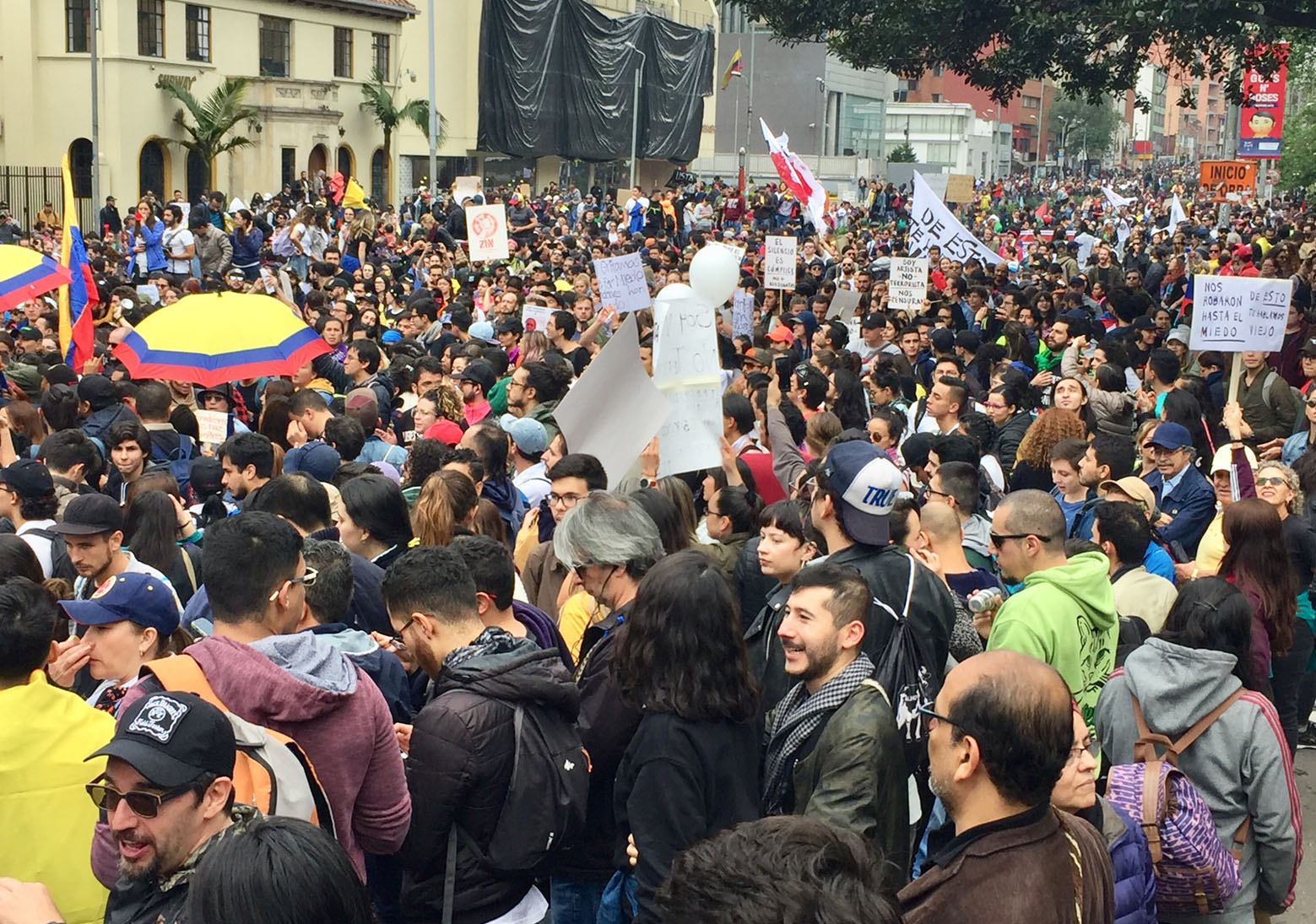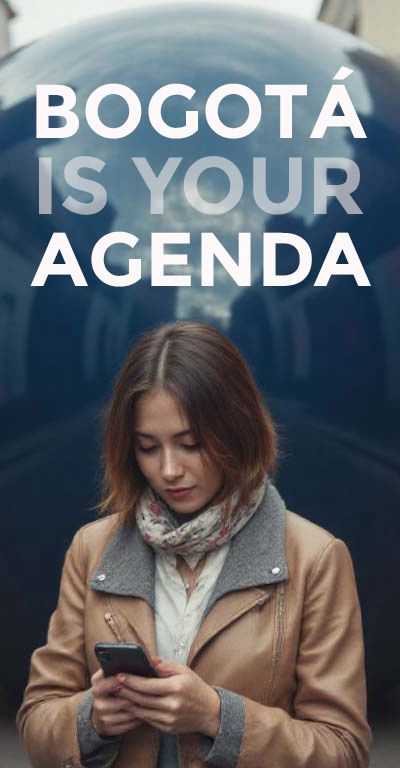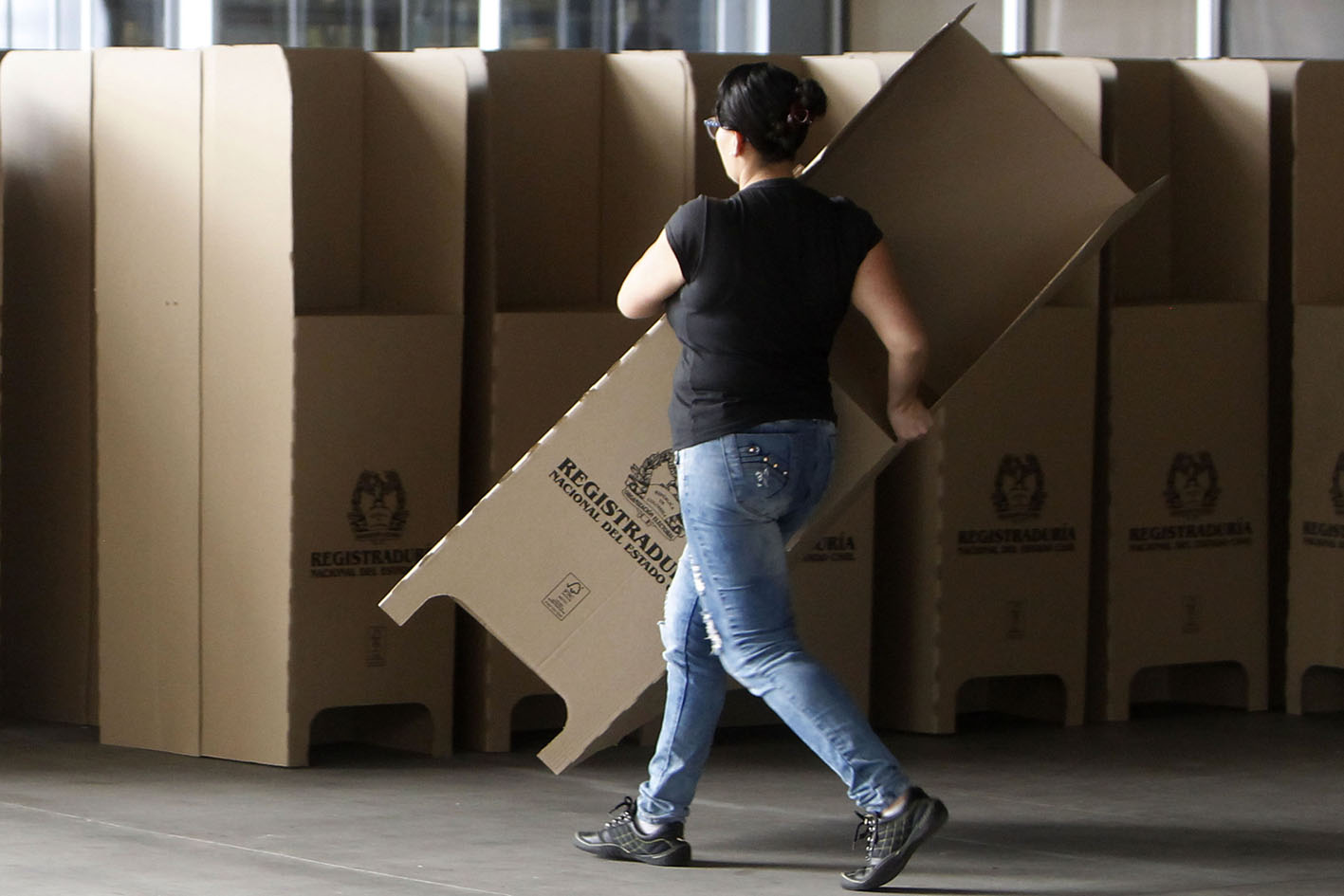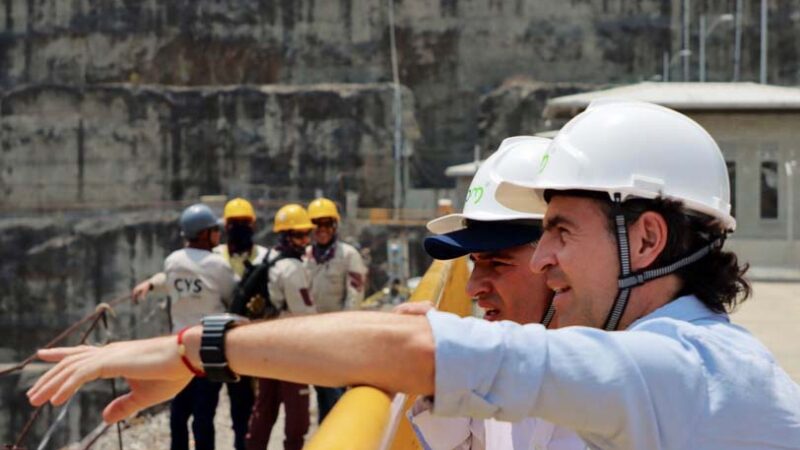
On Tuesday evening, hours before the start of the nationwide strike Paro Nacional, the Colombian government and country’s largest unions called on citizens to celebrate November 21 as a day of peaceful protest , and renounce all forms of violence. “We will always march with our faces uncovered and held high,” remarked Diógenes Orjuela, President of the Central Union of Workers (CUT). Orjuela’s statement was a direct reference to the masked protestors who have committed acts of vandalism during recent student-led marches in Bogotá. “We have nothing to hide from Colombians,” he said.
President Iván Duque, in the tense days leading to the Paro Nacional, gave one-on-one interviews to the country’s leading television networks, emphasizing the constitutional right to protest and “valor of peaceful protest.” President Duque expressed confidence that the much anticipated social protest would be carried out in “tranquility,” but warned that a “minority” who seek to use violence will be prosecuted.
With tens of thousands on the streets in the Colombian capital, Thursday, following 12 designated routes leading to the Plaza de Bolívar, as the day began, several road blockades were reported by the police at the TransMilenio stations of Suba and Portal Americas, along Avenida Cali and Autopista Sur, in the south of the capital. The marches began at 9:00 a.m. Some 4,000 members of the National Police are accompanying the demonstrators.
According to the district’s Security Secretariat Jairo García, of 2,600 protests that have taken place in Bogotá since Mayor Enrique Peñalosa took office in 2016, only 180 (7%) have ended in violence. Peñalosa also pledged full guarantees from the district administration to protect the democratic rights of those participating in the marches, emphasizing, however, that blockades to the city’s mass transit system TransMilenio is a “classist act,” because it affects commuters from low-income households.
The march along the Carrera Séptima began to grow by 10 a.m with representatives of political parties opposed to the government of President Iván Duque, environmentalists, members of the LGBTI community, social activists, artists, and women’s groups. Colombia’s many indigenous peoples are also on the move representing territories impacted by violence from FARC dissident groups and drug traffickers after the peace was signed in 2016.
As throngs of demonstrators headed to Bogotá’s most important square, Plaza de Bolivar, musicians played traditional music. As of midday across Colombia, the national strike was being conducted in peace, with random acts of vandalism against the bus system reported in Cali, departmental capital of Valle del Cauca, and blockade on the Pan-American highway near Popayán, Cauca.
A police report at midday has informed the arrest of 10 individuals for committing acts of vandalism in various Colombian cities, including Bogotá, where a group of masked vandals have targeted several TransMilenio stations, breaking glass doors and throwing stones at Anti-Riot Squad Esmad.
Performance groups and theatre troupes turned the Carrera Séptima near the Parque Nacional at Calle 39 into a giant street parade, joined by politicians from parties Polo Democrático, Colombia Humana and FARC.
Share this story
The City Paper Staff
View all posts by The City Paper Staff









